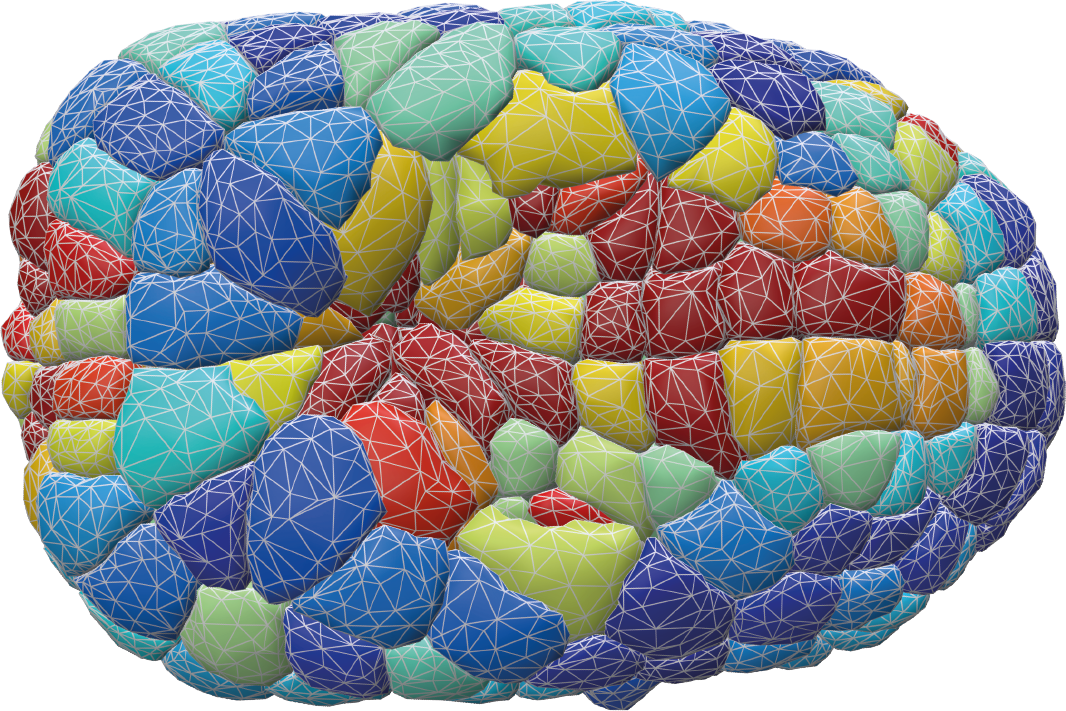The development of animals, starting from a single cell to produce a fully formed organism, is a fascinating process. Its study is currently advancing at a rapid pace thanks to combined experimental and theoretical progress, with yet many fundamental questions remaining to be understood.

This course will address the fundamental theoretical concepts underlying the self-organization of multicellular systems, from genetic regulation to the mechanics of active biological materials. The course will be based on various concepts of theoretical physics: dynamical systems, soft an active matter, mechanics of continuous media, numerical modeling, etc.